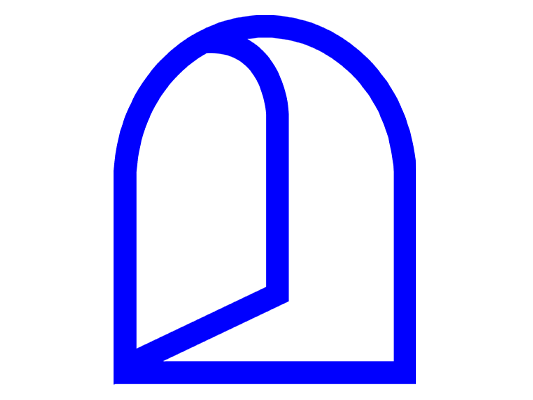What would I tackle first if I could change the asylum system?
My biggest problem: …there are so many things! And it is so complicated…
But let’s start first and foremost with ourselves: With our language and our behavior. Why can’t I shake the feeling that refugees are perceived as a problem? – Not the circumstances from which they have fled, not the circumstances under which they come to Germany. No, simply “the refugees” in and of themselves are the problem. It is the refugees’ own fault that they came here. Now they have to prove that they are worth living here. Hey, they are people with dreams, stories, family, friends, hobbies… But for us they are refugees.
Often, a specific way of treating refugees is connected to this language, as if they had to prove that they are worth to be seen as human beings. Be it in bureaucracies or in everyday life.
This has an immediate effect on decisions. Decisions that come to affect an entire life.
This in turn influences political decisions and legislative processes. The Dublin III regulation comes into force. An EU-Turkey agreement is concluded. Frontex is established. Laws are written so that a small part of the asylum application is always illegal. Regardless of the reasons people come to us. And already we have a problem with “illegal migration”.
So how about if we create legal channels for migration instead? If we enable people to come here from war and crisis zones under humane circumstances and to live here with us? Provide them with the necessary support so that social cohesion can work?
There is such a way. It is also included in the law and is called the State Admission Program. With it, we can invite people directly. Already, we can organize capacities for language and integration courses, for psycholigical care, for housing, kindergarten, school places, and so on. This not only benefits fleeing people, but also us through ensuring planning security and thus enables us to live together better.
Let us strive together in private and in public spaces for a common coexistence!
text by: Birte Geerds


